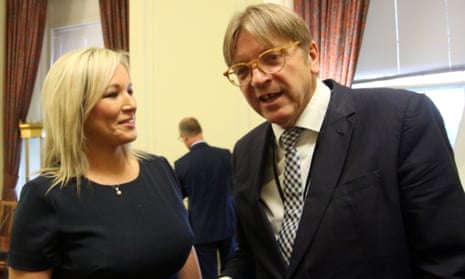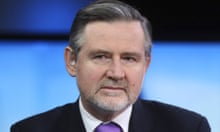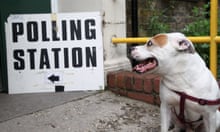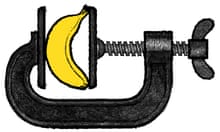Northern Ireland could continue to be in the single market or customs union after the UK leaves the EU, the European parliament’s Brexit negotiator has said.
But Guy Verhofstadt’s proposal for special status for the region was met with immediate opposition from unionists who said they would never accept any deal that made Northern Ireland different from the rest of the UK.
On a two-day visit to Northern Ireland and the Irish Republic, Verhofstadt stressed it was up to the UK to come up with a solution in order to prevent a tariff- and customs-based militarised “hard border” on the island.
The Belgian EU parliamentarian said it was Britain’s fault that the Irish border had become an issue once more. “The resurrection of the border problem is the consequence of the decision of Britain to leave the union,” he said.
He said enabling the region to retain access even if the rest of the UK leaves the customs union and single market might be a way to avoid a hardening of the border.
Verhofstadt also repeated an earlier idea that voters in Northern Ireland could still exercise some influence on European affairs after Brexit if they were allowed to elect MEPs in the Irish Republic.
Despite opposition from unionists and scepticism from within the EU parliament, Verhofstadt defended the idea, stating it was a “fair question” as to how people in Northern Ireland could continue to participate in European democracy.
“With every proposal there is scepticism, that’s normal in politics, but we are debating it,” he said.
He was due to travel to the border later on Wednesday to meet groups opposed to any customs checks, tariffs or security barriers on the 300-mile frontier between Northern Ireland and the Republic.
But his remarks, made while meeting Northern Ireland’s political parties at Stormont, prompted a row with unionist politicians.
The Democratic Unionist party MEP Diane Dodds rejected the idea of a special arrangement allowing the region to stay in the customs union or single market.
While stressing that the DUP wanted a “seamless border”, Dodds said: “We will not countenance a solution that makes us different from other parts of the United Kingdom.’’
Sinn Féin’s leader in the currently suspended Northern Ireland assembly, Michelle O’Neill, welcomed Verhofstadt’s intervention on the border issue and Brexit’s impact.
She said: “He’s very clear in dismissing the papers which the British government have produced to date and so I did find him a very understanding man and we need to take these opportunities to engage with him.
“I believe he’s someone who has been very aware of the implications of Brexit on the island of Ireland and someone who has been very strong in setting out his position on issues which need to be resolved before moving on to the next stage of negotiations.
“We’ve made very clear to him today the issues which we need to see: we need to remain in the customs union, we need to have access to the single market, we need to see no return to hard borders and to see citizens have access to the European court of justice.”
The former Northern Ireland secretary Peter Hain, a supporter of the pro-remain Open Britain organisation, agreed with Verhofstadt that it was up to Theresa May’s government to solve the potential Irish border crisis.
Hain said: “The responsibility for finding a solution to the Irish border issue lies with the UK government, and over a year after the referendum we are yet to hear any realistic and concrete proposals from them.
“Brexit must not lead to the reimposition of a hard border on the island of Ireland. That is non-negotiable. A hard border would damage the economy by restricting trade, and harm the lives of thousands of people who cross it every day. And in doing so it would damage the peace process at a time when power-sharing has never looked so fragile.
“We need real solutions from the government to ensure this nightmare scenario does not happen. Theresa May urgently needs to provide answers soon.”
Following his meeting with the Border Communities Against Brexit group on Wednesday evening, Guy Verhofstadt will meet Ireland’s taoiseach, Leo Varadkar, in Dublin on Thursday.
He will then address a special meeting of three Irish parliamentary committees in Dublin on Brexit and its impact on the island.









